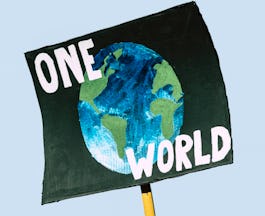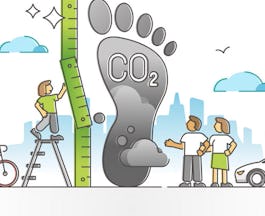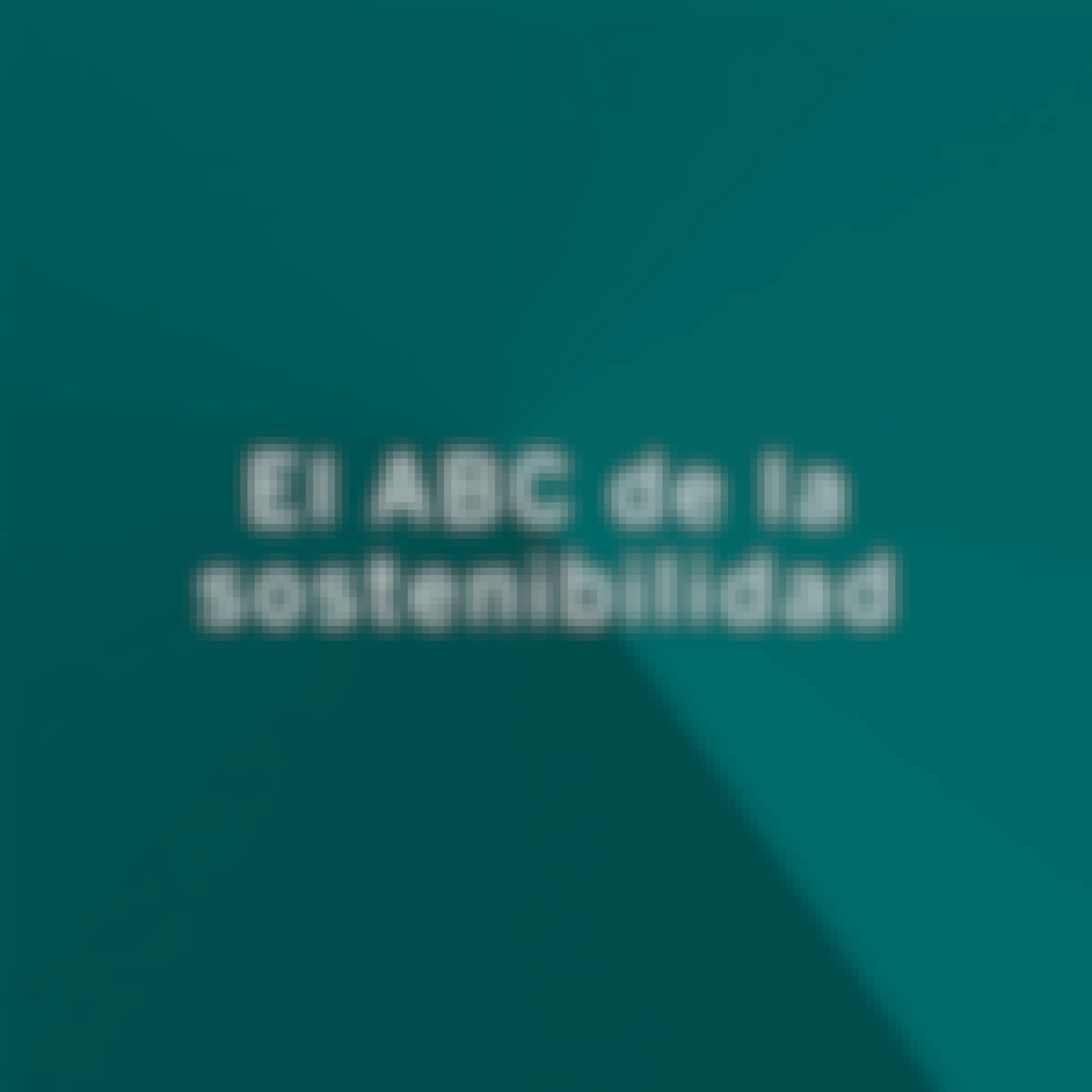Filter by
The language used throughout the course, in both instruction and assessments.
398 results for "sustainability"
 Status: Free
Status: FreeEIT Digital
Skills you'll gain: Entrepreneurship, Leadership and Management, Marketing, Sales, Strategy, Strategy and Operations, Design and Product, Product Design, Product Management

Macquarie University
Skills you'll gain: Leadership and Management, Organizational Development, Strategy, Strategy and Operations, Business Process Management, Business Psychology, Entrepreneurship, Human Resources, Leadership Development, Supply Chain and Logistics

The University of Edinburgh
Skills you'll gain: Leadership and Management
 Status: Free
Status: FreeUniversity of Colorado Boulder
 Status: Free
Status: FreeUniversity of Manchester
Skills you'll gain: Leadership and Management
 Status: Free
Status: FreeUniversity of Copenhagen
Skills you'll gain: Leadership and Management

Skills you'll gain: Data Analysis, Data Visualization, Leadership and Management, Problem Solving, Risk Management
 Status: Free
Status: FreeLund University
Skills you'll gain: Innovation

University of Michigan
 Status: Free
Status: FreeCampus BBVA
Skills you'll gain: Adaptability, Organizational Development, Critical Thinking
 Status: Free
Status: FreeUniversity of Manchester
Skills you'll gain: Critical Thinking
 Status: Free
Status: FreeKorea Advanced Institute of Science and Technology(KAIST)
Skills you'll gain: Strategy and Operations, Supply Chain Systems, Supply Chain and Logistics, Entrepreneurship, Operations Management, Leadership and Management, Performance Management, Marketing, Sales, Strategy
Searches related to sustainability
In summary, here are 10 of our most popular sustainability courses
- Sustainable Digital Innovation: EIT Digital
- Global sustainability and corporate social responsibility: Be sustainable: Macquarie University
- Learning for a Sustainable Future: The University of Edinburgh
- The Sustainability Imperative: University of Colorado Boulder
- Managing Responsibly: Practicing Sustainability, Responsibility and Ethics: University of Manchester
- Sustainable Tourism – promoting environmental public health: University of Copenhagen
- Unilever Supply Chain Data Analyst: Unilever
- Working for a sustainable future: concepts and approaches: Lund University
- Climate Change, Sustainability, and Global Public Health: University of Michigan
- El ABC de la sostenibilidad: Campus BBVA










